
Gum recession is a serious oral health issue that many people face but often neglect. It can expose the tooth roots, leading to sensitivity, aesthetic concerns, and even tooth loss. However, having the right knowledge and applying proper treatment methods can prevent this problem. At LHC Clinic, we explore the causes, symptoms, and effective treatments for gum recession in this comprehensive guide.
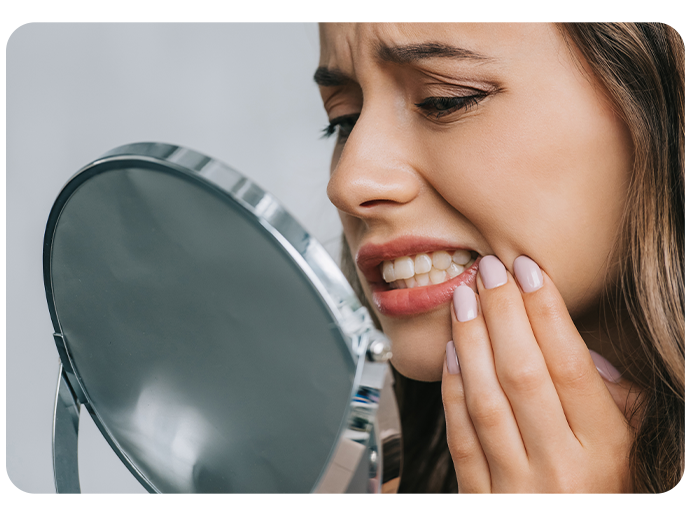
There are several factors that contribute to gum recession. The primary causes include:
⚠️ Symptoms of Gum Recession
Gum recession usually progresses slowly, making it difficult to detect at first. However, the following signs should not be overlooked:
If any of these symptoms are noticed, it’s important to visit a dentist promptly.
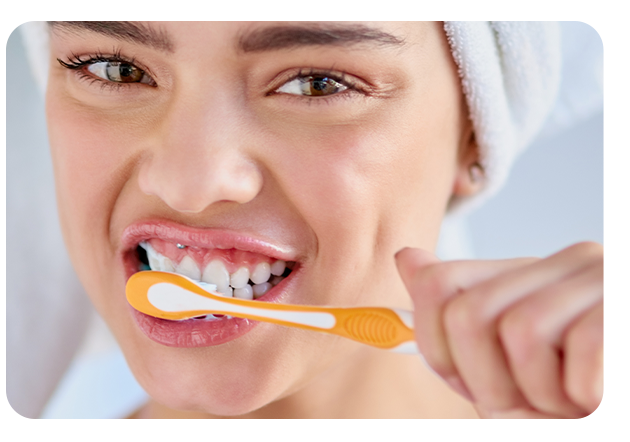
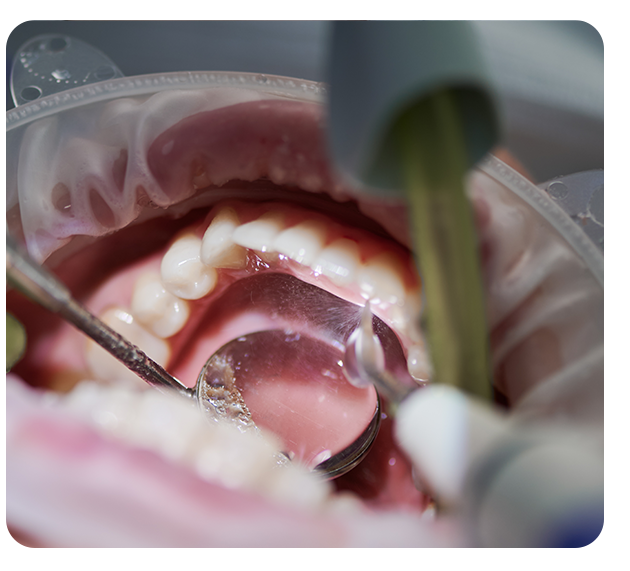
🦷 Treatment Options for Gum Recession
Treatment for gum recession depends on the severity of the condition and the underlying causes. Common treatment options include:
🛡️ How to Prevent Gum Recession
To prevent gum recession, regular oral care is essential:
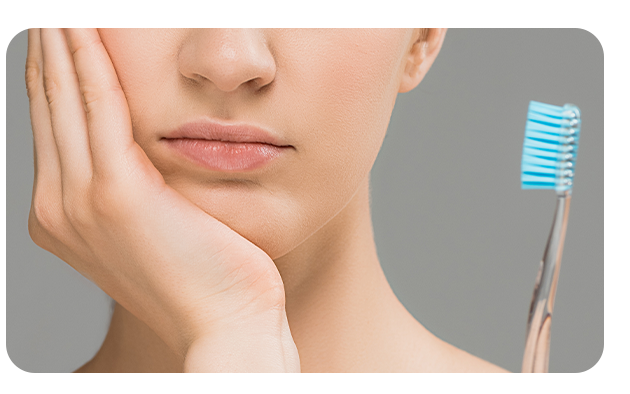
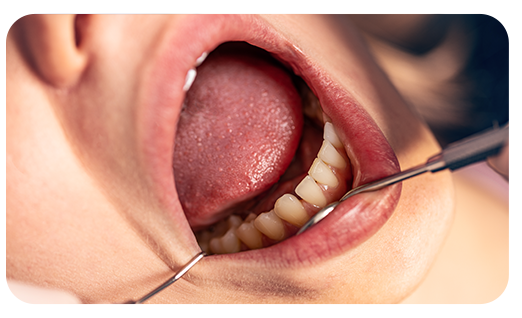
🏥 Protect Your Gums with Expert Care at LHC Clinic
Gum recession can be managed with early detection and the right treatment methods. If you notice any symptoms, don’t delay in consulting with a dentist. Healthy gums are not only essential for an aesthetic smile but also play a critical role in your overall health.
At LHC Clinic, we offer the most effective treatment solutions with our expert dental team to protect your gum health. Don’t neglect your regular dental care for a healthier mouth!
Proper care after extraction helps prevent complications:
• Keep the gauze pad in place and bite down gently to stop bleeding
• Avoid spitting, rinsing forcefully, or using straws for the first 24 hours• Refrain from smoking as it hinders healing
• Eat soft, cool foods and avoid the extraction site while brushing
Sticking to these precautions promotes healing and prevents conditions like dry socket.
Why Are Color, Shape, and Symmetry Harmony Important in Dental Aesthetics? In smile design, achieving harmony in color, shape, and symmetry is key to creating a natural, balanced appearance. Discrepancies can make even healthy teeth look unattractive. Factors considered: • Matching the veneers or crowns to the natural tooth color and shape • Ensuring proportionate tooth sizes relative to facial features • Aligning teeth for overall symmetry This careful planning ensures the smile enhances the patient’s overall facial aesthetics.
Teeth Grinding Habit: Its Relation to Stress and Solutions Teeth grinding, or bruxism, is closely linked to stress, anxiety, and tension. Solutions include: • Using a night guard • Stress-reduction practices (yoga, therapy, exercise) • Mindfulness techniques to become aware of daytime clenching Addressing the root causes of stress can significantly reduce grinding episodes.
Good for Teeth:
• Dairy products (yogurt, cheese) rich in calcium
• Crunchy vegetables and fruits that stimulate saliva
• Water and green tea, which help cleanse the mouth
Avoid or Limit:
• Sugary snacks and drinks
• Sticky candies
• Acidic foods and drinks like citrus fruits and soda
Balanced nutrition supports not only oral health but also overall well-being.
Early gum disease (gingivitis) is often painless but presents signs such as:
• Red, swollen, or tender gums
• Bleeding when brushing or flossing
• Chronic bad breath
• Receding gums or tooth sensitivityRecognizing these early warnings can prevent progression to more serious conditions like
periodontitis, which may lead to tooth loss.
